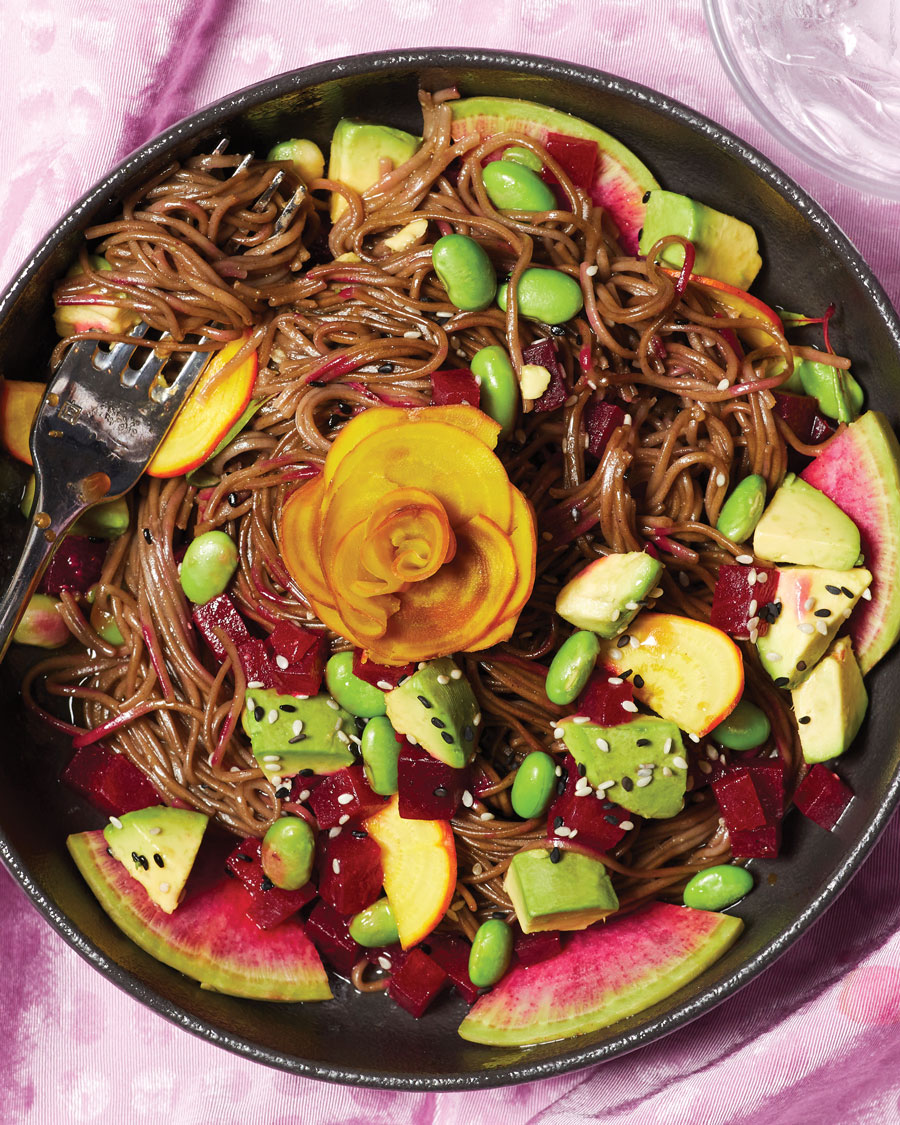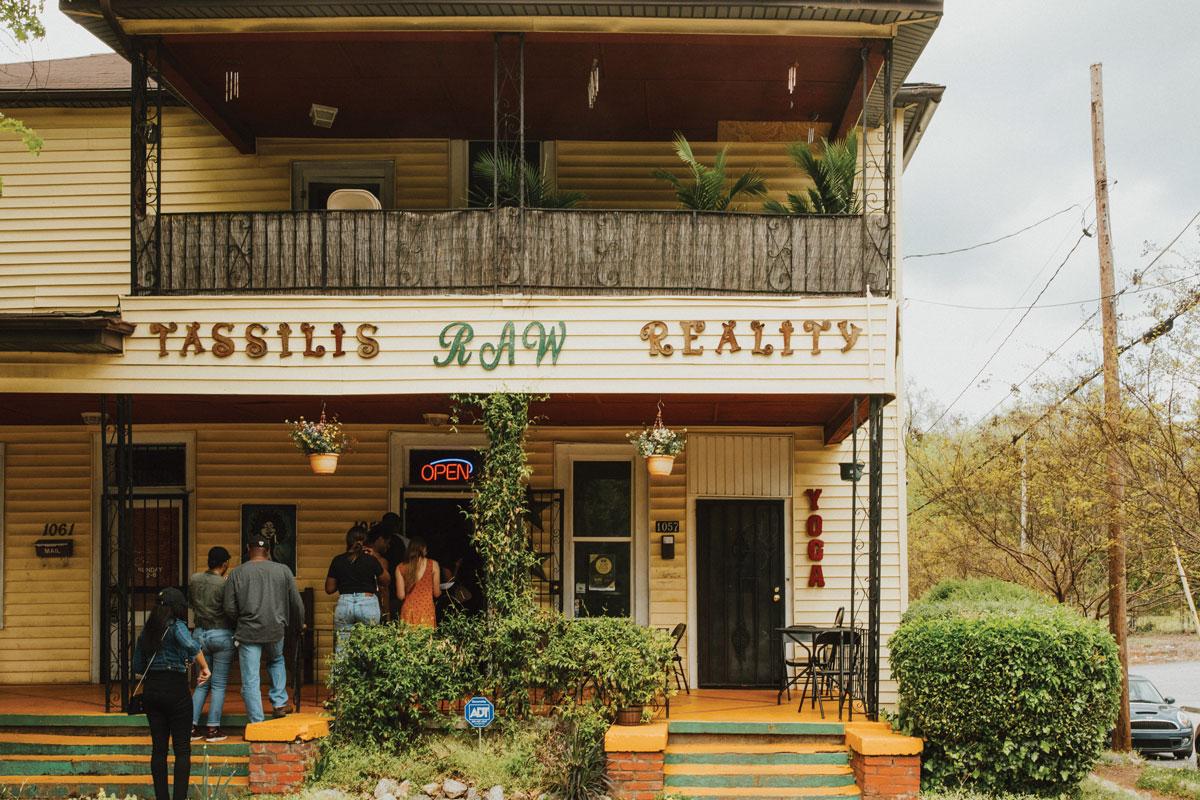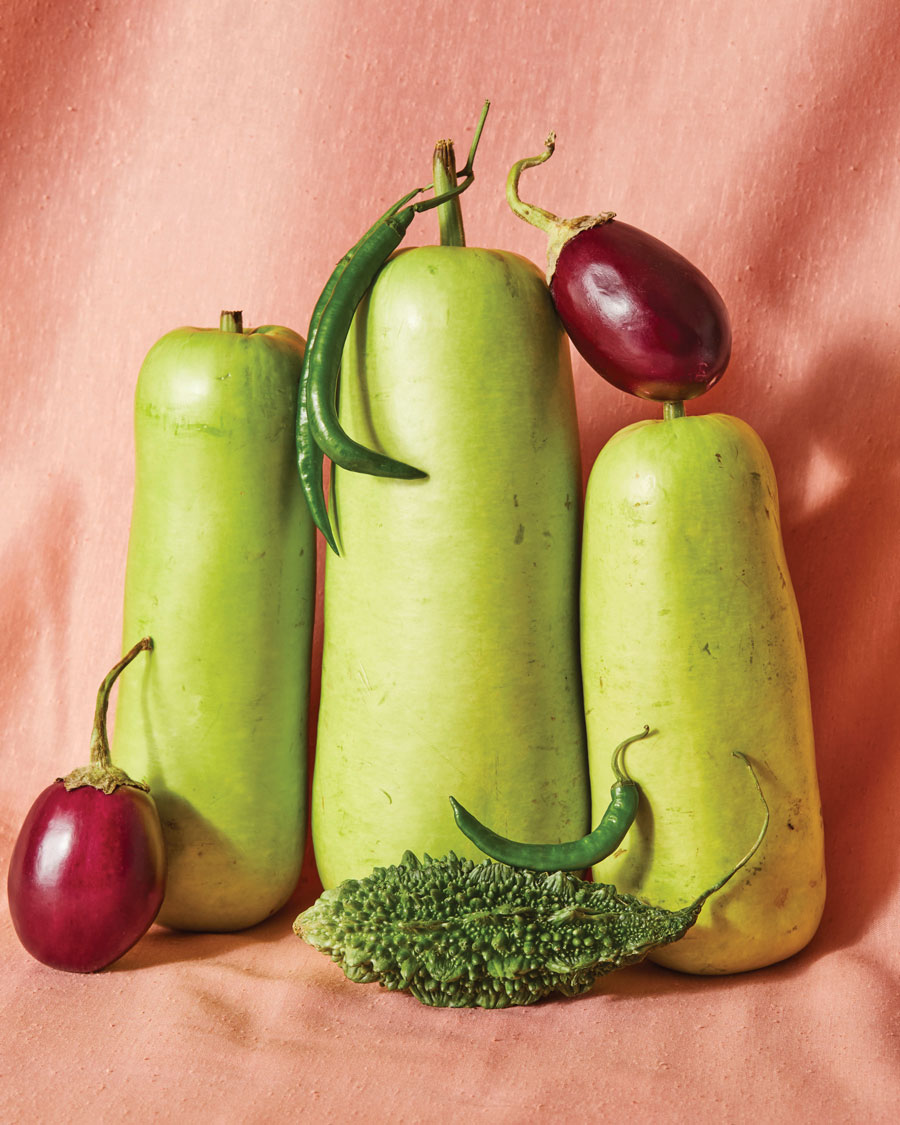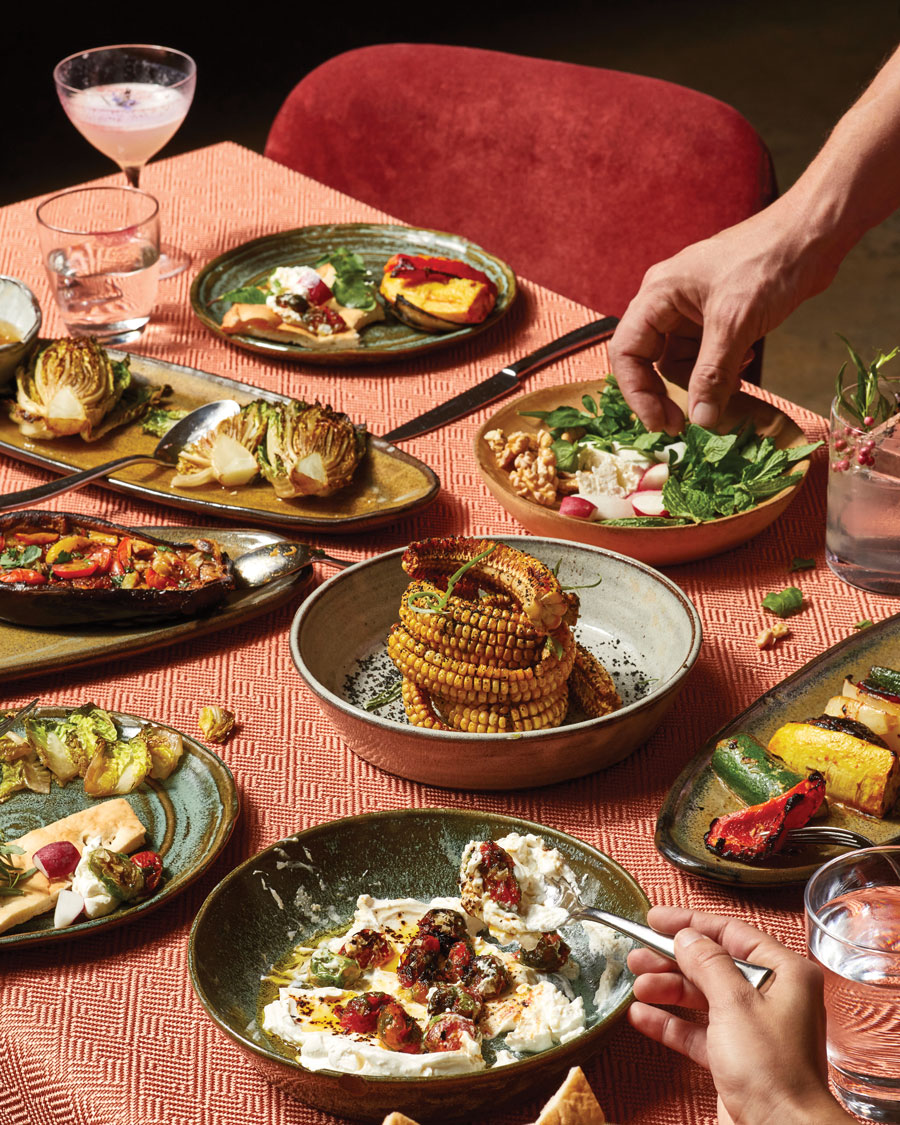
Photography by Bailey Garrot, food styling by Tami Hardeman
In September 2019, the 10 candidates then running for the Democratic nomination for president appeared in a televised town hall devoted to the climate crisis. The stakes couldn’t have been higher: A year prior, the UN’s Intergovernmental Panel on Climate Change had warned that the world had only 12 years to keep global warming beneath 1.5 degrees Celsius—a crucial metric for forestalling the worst of the flooding, drought, storms, and wildfires we’ve already begun to experience. Yet, amid the various substantive matters of discussion, multiple candidates took pains to emphasize a specific point:
Your hamburger is safe. Nobody is trying to take your burger.
This didn’t come from nowhere. Previously, when Democratic lawmakers introduced details of a proposed Green New Deal, opponents latched onto the burger, sometimes literally, as a means of attack: At a press conference, a House Republican took a bite of one while warning, “This will be outlawed.” That was bunk, of course. But it highlighted the burger’s weird centrality to U.S. climate discourse. Legislators aren’t the only concerned parties: Endeavors to create plant-based burgers that are as meatlike as possible, even to the point of “bleeding,” have attracted billions of dollars. Impossible Whoppers are now available at Burger King, and the investment frontier has expanded toward lab-grown meat.
These efforts recognize a legitimate need. Livestock accounts for about 14.5 percent of global greenhouse gas emissions; most of that is from cattle, which also require tremendous amounts of land and water. But they also recognize a symbolic need—in the U.S., the burger is symbolic above all. Its fate stands in for bigger concerns about climate change adaptation: Will things change cosmetically—an electric truck that’s as powerful as one with a combustion engine, a burger that bleeds like the real thing—or more fundamentally?
It may be a little late for this question, as scientists and others have noted with increasing desperation. This spring, following yet another IPCC dispatch decrying the continued lack of action by governments around the world, UN Secretary-General António Guterres said the world is “perilously close to tipping points that could lead to cascading and irreversible climate effects.” But it also might not be the best question to ask. “Climate policy has long been framed as an issue of stiff-lipped sacrifice: What will we have to give up to save our skins?” the climate journalist Kate Aronoff writes in her recent book, Overheated. The burger tends to get trapped within this matrix: We’ll either have to give it up or be saved, via technology, from that fate—by another burger, just one made from plants. This approach is kind of a bummer, though. As Aronoff proposes: “Why not start with the freer, happier, and more functional world we can win?”
Also, why not start with something better than the meager burger?

Photography by Bailey Garrot, food styling by Tami Hardeman
7 of Atlanta’s most eye-catching—and most delicious—vegetable dishes
From tomatoey hand-pulled Chinese noodles to fancy beet “poke” at the Four Seasons. Plus, of course: hot dogs.

Photograph by Cori Carter
How Black-owned vegan restaurants in West End prefigured Atlanta’s passion for plants
For these chefs, plant-based eating isn’t just a fad—it’s a means of community empowerment

Photograph by Bailey Garrot
These Atlantans make it easy for us to love our veggies
Gardeners and chefs, pumpkin whisperers and okra aficionados, taco technicians and pecan purveyors: meet Atlanta’s green giants

Photography by Bailey Garrot, food styling by Tami Hardeman
The best veggie dishes at beloved Atlanta barbecue joints
What to order when you’re in the belly of the beast

Photography by Bailey Garrot, food styling by Tami Hardeman
How one family’s passion has tapped into a bustling Georgia market for farm-grown South Asian vegetables
Plus: Five great restaurants for regional specialties from across India

Photograph by Bailey Garrot, food styling by Tami Hardeman
Eat your way through the vegetable kingdom with these Atlanta feasts
Wherein we welcome mac and cheese to the veggie family—we’re still in the South, after all. Plus: Korean banchan, superbly spiced Ethiopian platters, and more.
These articles appear in our June 2022 issue.













